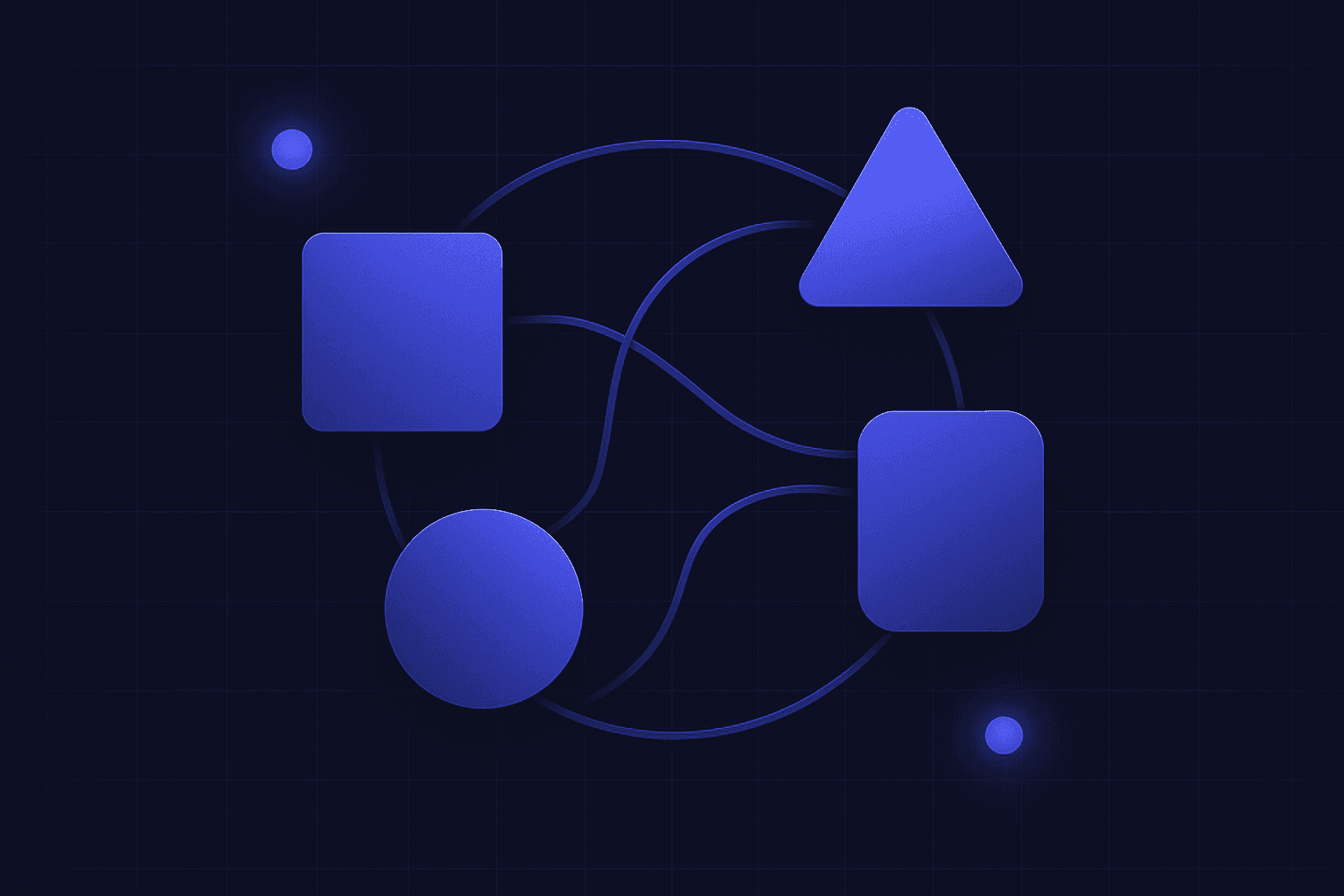Online anonymity is a growing problem in the 21st century.
But even when we put aside the more philosophical principles of anonymity, there are many practical motives for online anonymity too.
When it comes to online anonymity, internet users have many questions. Here, we’ll answer some proxy-related questions.
So, is your goal to remain anonymous online for principled reasons? Are you using proxies? Is your proxy reliable, and are you immediately detected as hiding behind a proxy?
These are all valid questions.
Firstly, you’ll need to audit your connect to discover how anonymous your setup really is.
Only then should you go about performing tasks on the internet under the assumption that you are anonymous.
Table of Contents
When You Need to Use a Proxy
The modern internet is rife with intelligent tracking agents and techniques.
Residential proxies can assist users in the following (white-hat and grey-hat but not black-hat) motives:
- Web scraping from a specific geographical area or location. This is very useful for scraping price and product data from online retailers. Proxies also help web scrapers shield their own IP from webmasters and security services that try and prevent scraping.
- Market research, allowing marketers to investigate advertisements and other location-based marketing data. Also allows companies to bypass restrictions to their IP address.
- Brand security can be enhanced by proxies, allowing internet tasks to be completed with lesser threat from malware or other malicious activity.
- Ad verification and analysis, allowing you to check and analyse your ads from different locations.
- Social media management, allowing you to manage account at multiple geographical residential IP addresses.
However, simply using a high-quality proxy does not guarantee anonymity. It’s common for your proxy to be detected, possibly also revealing your real location and identity.
How Can You Be Detected Whilst Using a Proxy?
The primary way you can be detected whilst using a proxy is DNS leakage.
DNS leakage will reveal your country and location.
If you head to Whoer, you can audit elements of your internet anonymity.
The dashboard will score your anonymity out of 100, and if the rating is lower than 100, you can find out how to address the problems with your setup and further enhance your anonymity.
What is Whoer?
Whoer is an online tool and proxy provider that checks your online anonymity, providing you with a handy score out of 100. The tool provides you with recommendations on how to improve your anonymity score.
It can also provide information on your digital fingerprint. Combine with Cover Your Tracks for a serious security audit!
A common issue uncovered by Whoer is DNS leakage – let’s discuss that now.
Why is Your Real DNS Visible When IP is Changed?
The Whoer tool will check various elements of your anonymity including your IP, DNS and browser data.
When you’re connected using a proxy but your own DNS is leaking, it could be because the proxy you’re using is slow.
When you make a request, this will be firstly sent through the proxy provider’s DNS. However, after a set period of time – typically 2 seconds – the request will revert to the closest DNS.
This will reveal your location, thus scuppering your chance of locational anonymity!
This is typically caused by slow proxy connections.
Summary
DNS leakage is a big issue when it comes to using a proxy.
Checking your anonymity with Whoer is a simple step to take towards tightening your security setup.
Using a high-quality proxy with a speedy connection should be the first practical step you take.
Always check and double-check your anonymity throughout your proxy session.

